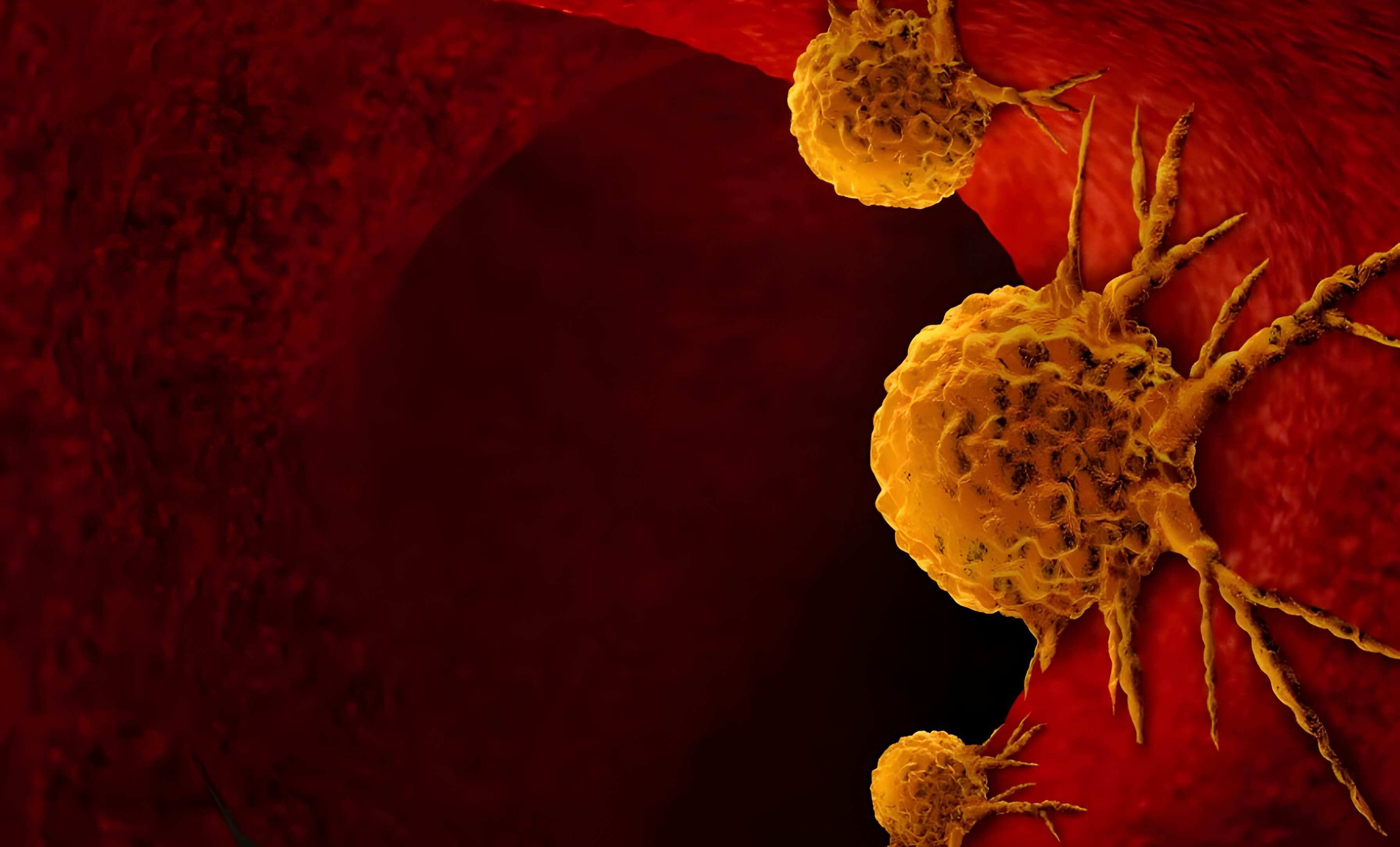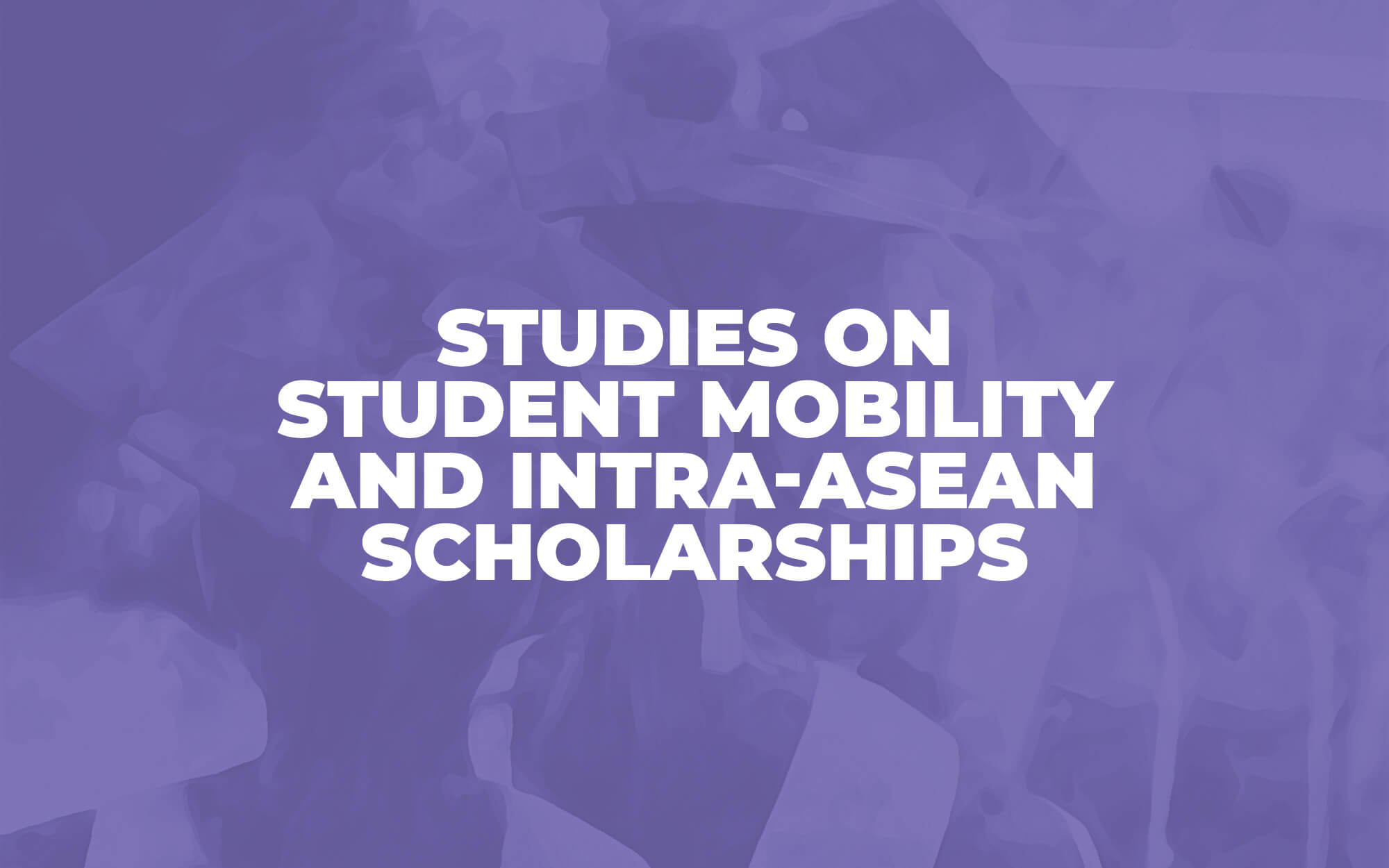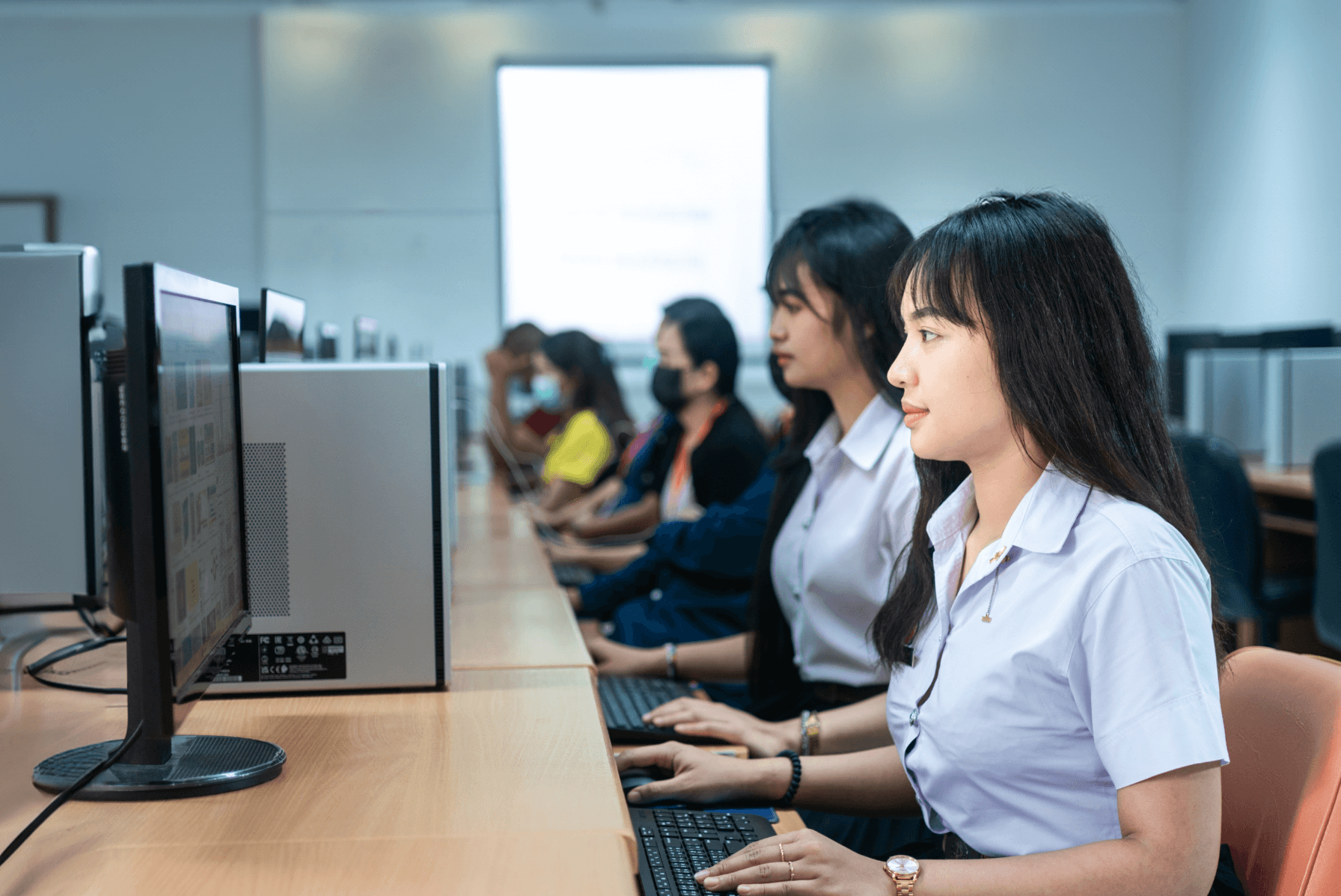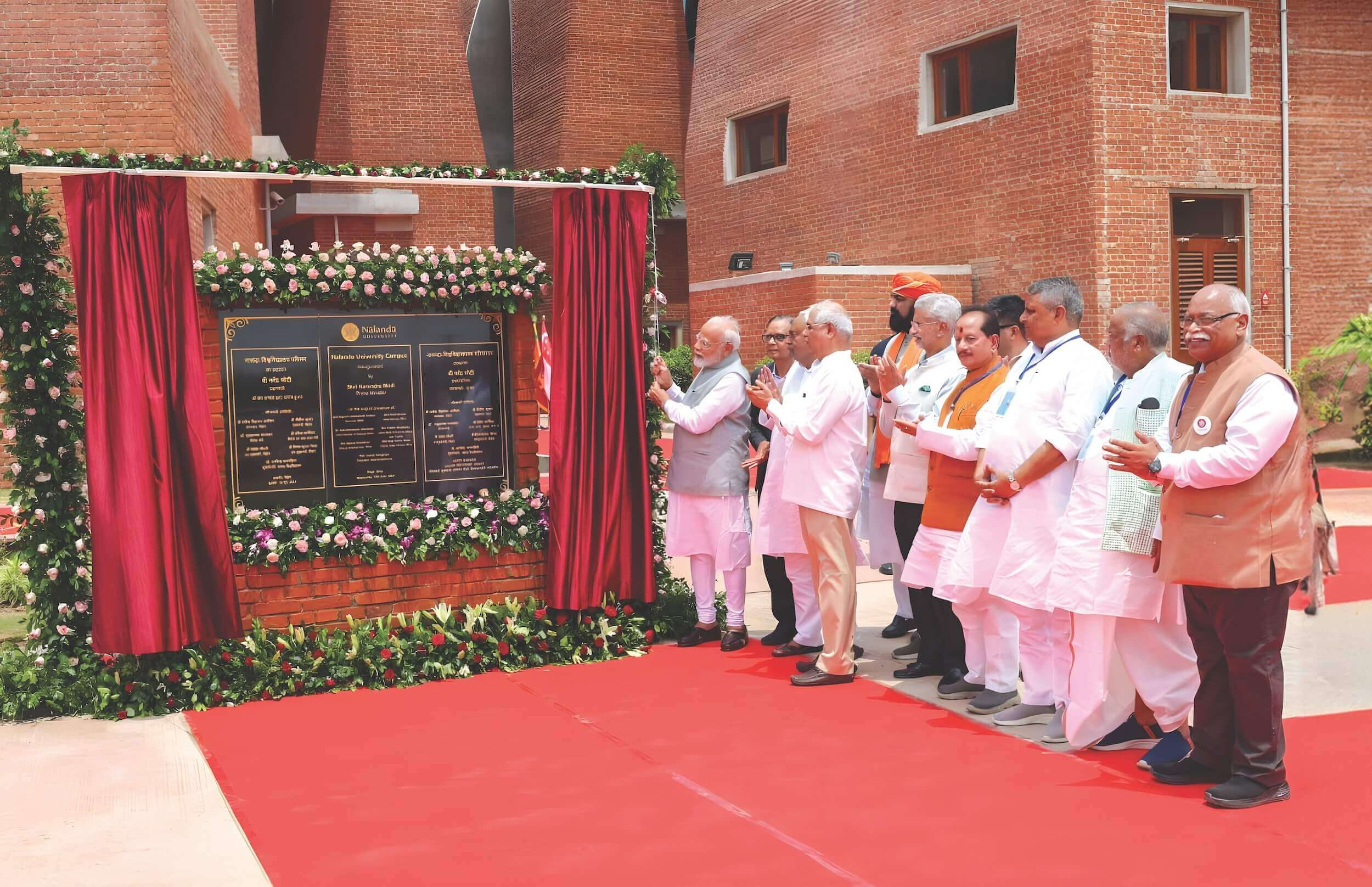



An ASEAN-India workshop on the National Cancer Grid “Vishwam” Global Cancer Project was organised by the Tata Memorial Centre (TMC) in association with the Indian Mission to ASEAN and ASEAN Secretariat on 24 August 2023 in virtual mode. The workshop's focus was to understand the existing cancer burden in the ASEAN Member States, the problems in the delivery of cancer care, and finding appropriate solutions to maximise cancer care control through collaborations and indigenous solutions that are evidence-based, affordable and accessible.
The workshop saw enthusiastic participation from the ASEAN Member States as speakers and experts shared India’s experience providing critical cancer care to its populace.
In order to deepen the collaboration, under the ASEAN-India Framework, representatives from the ASEAN Member States involved in the field of cancer care will be invited to the annual in-person meeting of the National Cancer Grid organised by the Tata Memorial Centre in India, starting from this year, for a period of 5 years.
In 2022, there were an estimated 20 million new cancer cases and 9.7 million deaths. The estimated number of people who were alive within five years following a cancer diagnosis was 53.5 million. The cancer burden will increase by approximately 60 per cent over the next two decades, further straining health systems, people, and communities. The predicted global burden will increase to about 30 million new cancer cases by 2040, with the most significant increase occurring in low- and middle-income countries.
The National Cancer Grid (NCG), an initiative of the TMC, Government of India, was launched in 2012 with the broad vision of creating uniform standards of cancer care across India. Nine years later, it has grown to an extensive network of 300 plus cancer centres, research institutes, patient advocacy groups, charitable organisations and professional societies. These member centres treat more than 750,000 new cancer patients annually, which is 60 per cent of India’s total cancer burden.
The NCG also aims to develop human resources adequately trained to fulfil the cancer healthcare needs of the entire nation and conduct high standard collaborative clinical research. Incorporating virtually all cancer care stakeholders in India, it is a robust, unified, and powerful voice in the fight against cancer.
Based on requests from several developing and underdeveloped countries, the National Cancer Grid became global by launching the NCG “Vishwam” on the sidelines of the General Conference of International Atomic Energy Agency (IAEA) in Vienna, Austria in 2019. Through this initiative, partner countries and organisations are able to share best practices from the NCG and also benefit from some of its resources. The NCG Global Cancer Network partners with several countries across the world are working towards reducing the burden of cancer globally.
Aims and objectives
- Evolve and implement uniform standards of cancer care across India.
- Offer state-of-the-art services for those who have cancer.
- Create human resources to tackle the rising need for cancer care.
- Gauge the magnitude trend and type of national cancer problem through the registry and run appropriate epidemiological intervention studies to prevent cancer.
- Direct cancer research in clinics and laboratories to offer cost-effective cancer solutions in India.
NCG milestones
- Reached 300+ NCG member centres across the country in ten years.
- Provides treatment to around two-thirds of all cancer cases in India.
- Conducts Virtual Tumor Board sessions twice a week across NCG member centres for multi-disciplinary care in oncology.
- Developed NCG Guidelines Manual, which provides a comprehensive framework for the formulation of de-novo guidelines, as well as adaptation and contextualisation of other established guidelines.
- Initiated the Quality Improvement (QI) Methodology, NCG QI Hub- EQuiP (Enable Quality, Improve Patient Care), and Project ECHO in collaboration with Stanford University.
- Started the NCG External Quality Assurance Program that aims to standardise histopathology and oncopathology practices across the country.
- Started NCG Library: Akshara- NCG discovery tool allows for the searching of more than 17,000 biomedical journals.
- Launched the E-learning portal in 2019 and successfully runs 18 courses.
- Established a Clinical Trial Network in oncology under the NCG with a grant from the Biotechnology Industry Research Assistance Council (BIRAC) to strengthen the clinical trial capacity across member centres to promote multi-centric high-quality trials.
- Launched the NCG Koita Centre of Digital Oncology (NCG-KCDO) with the goal of helping its 300+ member centres in the country to adopt and promote digital tools and technologies
- Leveraged collated volume to negotiate for equipment, drugs and other consumables.
This division of academics in TMC is designated by the International Union Against Cancer (UICC) as the coordination centre for professional education in cancer for the Asia- Pacific regions. It acts as a catalyst in professional cancer education, disseminating knowledge and expertise across the country.
In 2023, TMC was chosen as an anchor centre under the IAEA’s Rays of Hope initiative to train doctors from other countries. Rays of Hope is IAEA’s flagship cancer initiative to ensure “cancer care for all” by supporting the establishment and expansion of radiotherapy services worldwide. Through the Rays of Hope initiative, the IAEA identifies and defines Anchor Centers as those that have shown resilience through decades of experience working with the IAEA to support their respective regions. One of India’s leading private sector banks recently pledged to contribute 100 crore Indian rupees (approximately 12 million US dollars) to NCG. As part of the programme, the bank will support the establishment of key projects such as the National Tumour Biobank, the National Cancer Teleconsultation Network, and Oncology-specific Electronic Medical Records.
NCG-KCDO will enable NCG and NCG hospitals to pilot and adopt new technologies—including AI, machine learning, big data, automation, cloud, and mobile—which will benefit hospitals, doctors, patients and consumers. Healthcare will be more accessible in semi-urban and rural areas with the adoption of digital tools like telemedicine and remote patient monitoring. Doctors will be able to deliver better care with the use of AI-assisted clinical decision support tools. Mobile patient engagement apps will help patients with medication management and better compliance with care guidelines. Healthcare data analytics across hospitals will make it possible to track and bench-mark clinical outcomes and the effectiveness of different treatment and care pathways.
Bhabhatron, a locally developed isocentric, external beam radiation therapy machine, is one of the most successful products developed by Bhabha Atomic Research Centre, the leading research and development centre of India’s Department of Atomic Energy. India has supplied Bhabhatron to a number of countries in need, such as Kenya, Mongolia, Tanzania, Madagascar, Kyrgyzstan, Myanmar, Malawi, Sri Lanka, Uganda, Lesotho, Rwanda, Burundi, and Zimbabwe.








